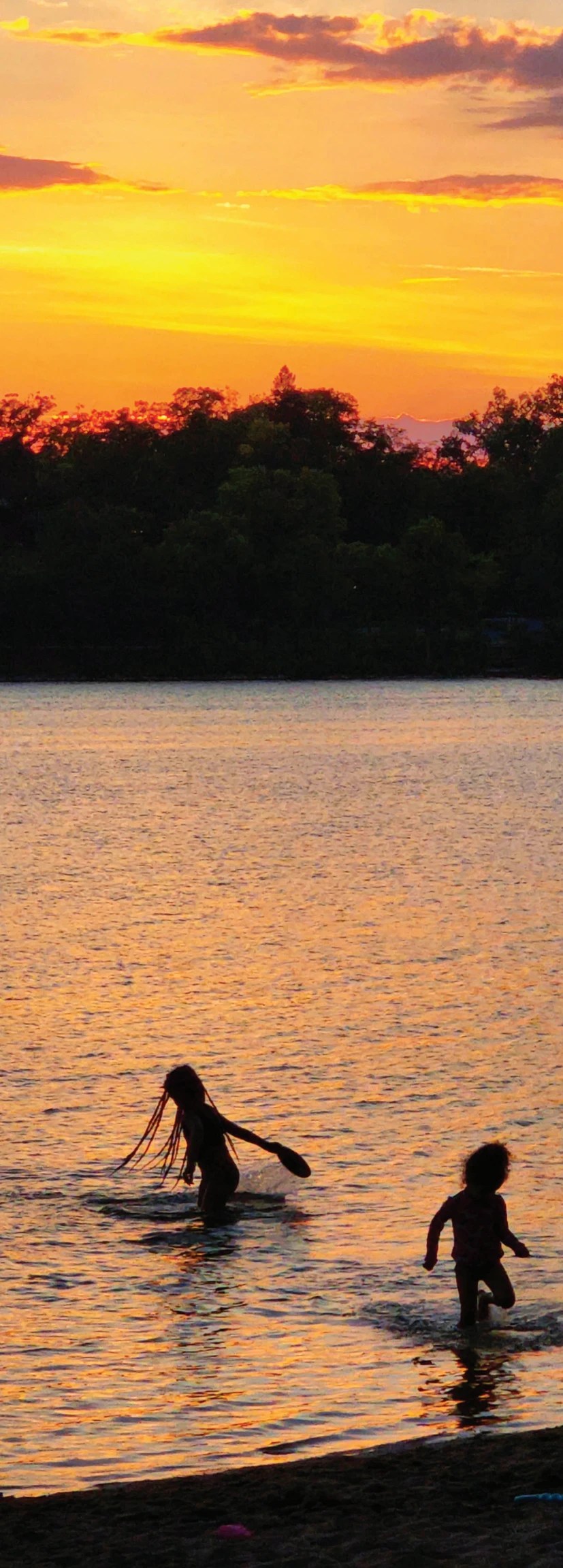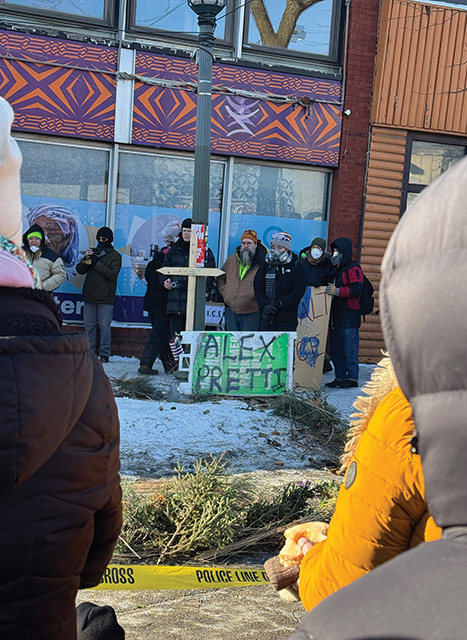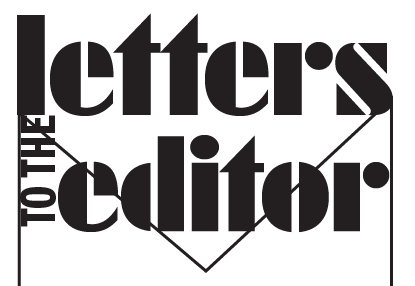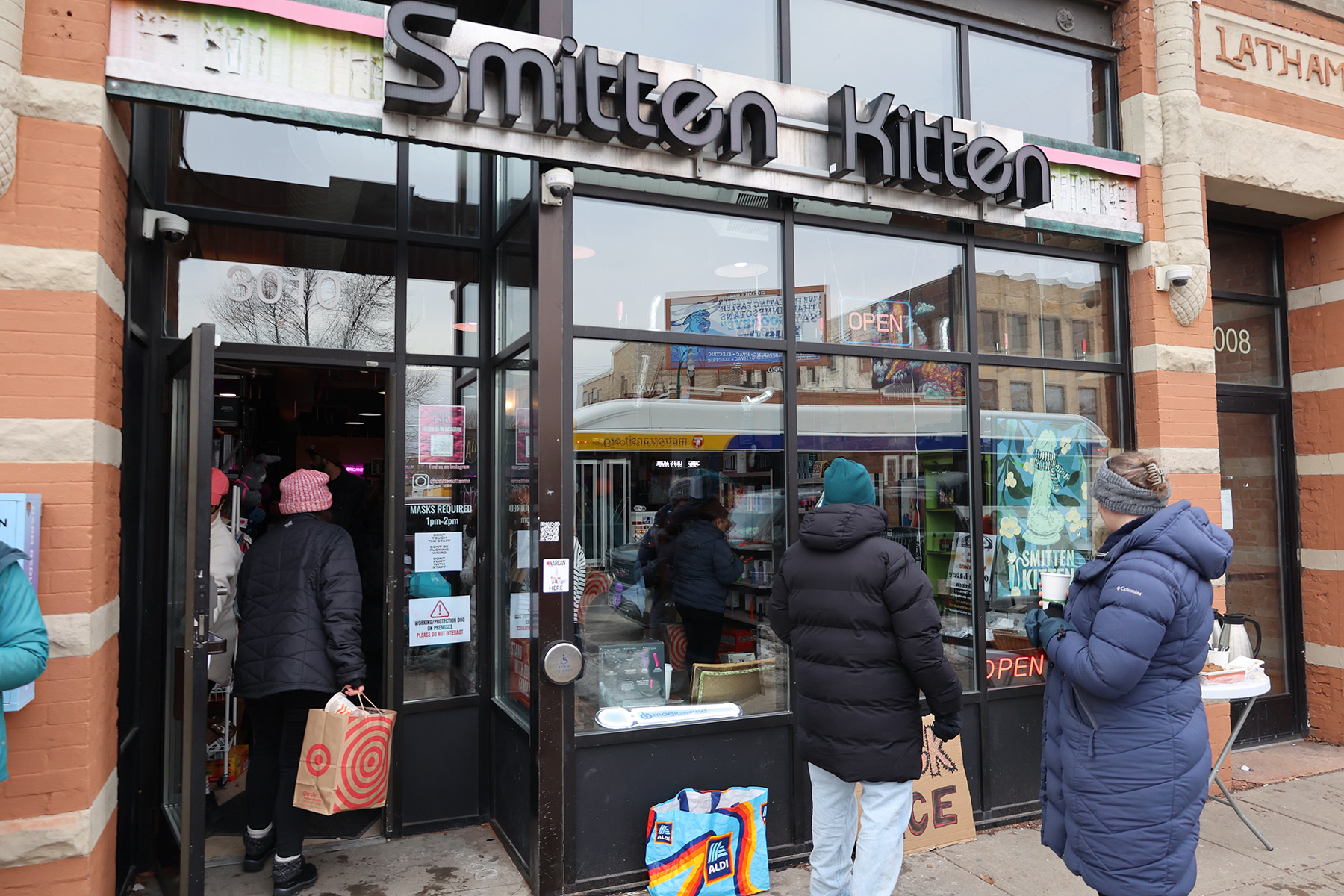The Park Board’s draft of the final Cedar-Isles Plan delivers on its stated purpose. The problem is that purpose in this context is more about pleasing people than improving our parks. It’s painful to raise this core concern at this late hour of the lengthy planning process. But there’s a pro-posed amendment before the commissioners that can largely resolve this dilemma.
The plan’s purpose is “…to sensitively respond to the general engagement…” The root intention is to create a plan that responds to what people want. By design, the planning process and the draft plan is anthropocentric. Centered on human wants and desires, the draft plan offers an à la carte menu of tactical site designs that will leave what gets done and when, to political will and funding support.
The thorn in the side is that local residents consistently pleaded throughout the planning process for a long-term plan based on what’s good for the environment. In other words, ecocentric, not anthropocentric. The Cedar-Isles area is no different than most of our other metropolitan area’s regional parks. Gifted with an abundance of natural resources, humans are but one of the many members of the ecological community. We exist holistically, connected physically, emotionally and spiritually. The draft plan literally sets this guidance in chapter 2.2 Indigenous Legacy, “In the beginning, the water — Mni — was pure, part of the land, and therefore part of the people. It was the first medicine given to our people because water keeps everything alive. Water that comes from within the earth is pure and as such is considered wakan or sacred.”
But as written, the draft plan fails to explicitly translate this guidance into a nature-first focused strategic plan. While the planning process was extensive, collecting perspectives from existing and potential park users far and wide, the draft plan fails to equivalently assess nature’s needs. Explicitly recognizing the area’s strengths, weaknesses, opportunities and especially threats, would go a long way toward evaluating existing and anticipated human demands and interests within an ecological context. A long-term visionary plan centered on how humans want to use the area’s natural resources without significant regard for nature is selfish, exploitative and ecologically unsustainable.
We live in an urban park system during a time of climate change and declining biodiversity. Harmony is possible when holding onto the thought that humans are a part of nature and nature is a part of being human. Repeatedly throughout the planning process, local residents voiced concerns on behalf of the water, trees, birds, critters, insects and microorganisms that tell us each day about their needs for survival. Given the planning processes’ shallow level of primary ecological research and analysis, it’s not too much to ask that this public input be seriously valued.
But regrettably, the draft plan marginalizes those who spoke up as “loud” and instructed the Citizens Advisory Committee to try to not be too swayed by “highly engaged” local residents. It also marginalizes the physical evidence nature is displaying. It barely translates what’s included in the existing conditions about the natural area into concerns to be addressed in the principles or implementation sections. The draft plan even goes so far as to spin the message about the natural woodlands and prairie surrounding Cedar Lake that are literally suffering a not so slow and steady death of suffocation and poison from buckthorn and invasives. The draft plan calls it “wildness.” Wildness conjures a vision of an un-touched, perhaps pure urban wilderness, right? Wrong. In reality, it reflects decades of the Park Board’s institutional neglect. This draft plan fails to identify invasives as an immediate threat to natural areas, and perpetuates the idea that the Park Board will continue to relegate the role of ecological restoration to park stewards and volunteers. After all, we know who they are. They’re the “loud” ones.
Now is a time to speak up one more time. Speak on behalf of nature and our whole ecosystem. Support a proposed amendment to the draft plan that places nature first. And add a comment that we need to fix what we’ve got before building new stuff.






